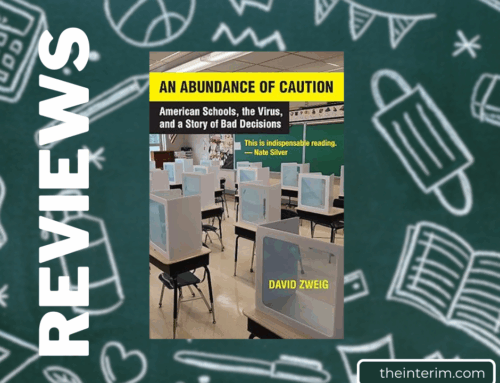
On Oct. 2, nearly 100 volunteers inserted 100,000 pink and blue flags on Parliament Hill covering the stretch of lawn from the Confederation Building to the East Block along Wellington Street. Each flag represented a child killed by abortion every year. Mike Schouten of We Need a Law, which organized the display, said “The injustice of abortion is not something Canadians often think about and we realize that flags alone are not going to achieve justice for pre-born boys and girls. What they will do is show to Canadians and our lawmakers that abortion is certainly not rare.”
It was in November when the guns went silent. At the end of a summer, four years before, Europe’s young men had gone singing into the offices of military recruiters with hearts full of the dream of war. That dream, along with so many of their lives, died on the continent’s mud: lost among miles of serpentine trenches, choked in clouds of mustard and chlorine, washed away with the rivers of their blood.
Whenthe First World War came to an end in the silence of the armistice, an unearthly détente settled over a world that was hushed in the horror of its own atrocities.
Since that ceasefire sounded, almost a century ago, November has been a month of remembrance: a time to pause in gratitude for the fragile gifts bought at such great price, a time to let the pang of thanks press against us with full force, a time to add more tears to a number always too small for sacrifices so great.
For the pro-life movement as well, November is a time of remembrance. We give thanks for the workers called into the landowner’s vineyard in the first hour, those who opposed the errors of the 1960s in the very decade they were made. We give thanks also for those called to this work thereafter, those who carried on the good fight as our opponents spread spurious rumours of “social peace.” And we give thanks for those called to join us in the later hours of the day, those activists from the first generation of survivors now striving for justice on behalf their would-have-been friends and spouses but who were never allowed to be born.
As our noble struggle continues, we should remind ourselves solemnly that the sacrifice of the soldiers we honour in November was made for the sake of the same society that we in the pro-life movement seek to preserve. As Canon Robert Greene, a Canadian pro-lifer who served in World War II, told The Interim in August: “I think all the things we fought for are going down the drain right now, all these things that all my buddies gave their lives for, have just gone by the board.”
Nor can we easily resist Canon Greene’s sobering judgement. Our country has embarked upon social experiments on a scale unseen since the brutal failures that the Soviets euphemistically called progress, redefining immemorial institutions like marriage and vandalizing the immutable categorical of sex and gender according to the tendentious ideology of the day. We have willfully forgotten that God creates life at the moment of conception, allowing our fellow citizens in the womb to be cut by blades, burned by poison, and twisted apart by the brute force of forceps – all because the consequences of coitus would impinge upon our comfort. And almost daily we watch the erosion of those rights which are the furthest remittance from our ancient inheritance of freedom: that first, rich inkling of liberty contained in the Magna Carta, in which free men recognized that the impersonal justice of the law makes a better ruler than a mercurial monarch.
The priceless civil gifts that grew through the centuries thereafter – the freedom of speech, the freedom of conscience, the freedom of religion, the right to life – are bound together by the invisible threads of a single providential tapestry, threads now being slowly undone as our social fabric tears and frays with each new onset of unprecedented moral change.
And yet, the remembrance of our inheritance gives us the courage to continue; those traditions of liberty, freedom, and human rights remain ours: a patrimony, a posterity, a birthright, to borrow the words of the poet, that we “should not willingly let die.” From “failing hands” was it thrown and, having passed from the bloody palms of the dead, we must not let it fall.




